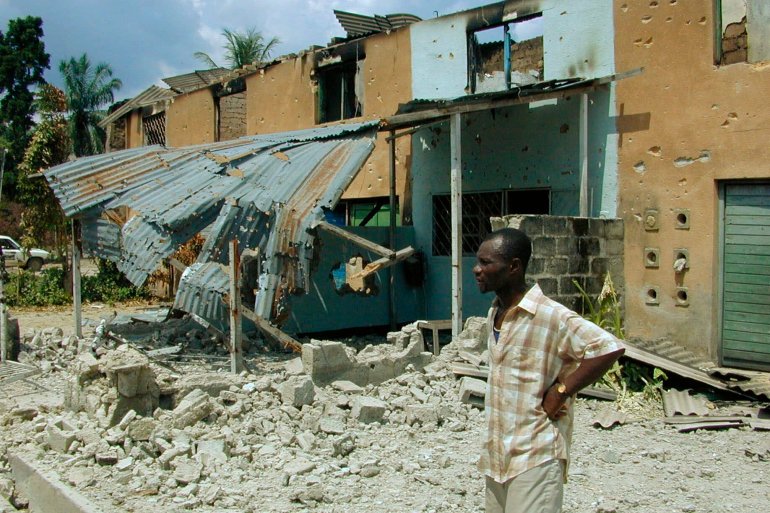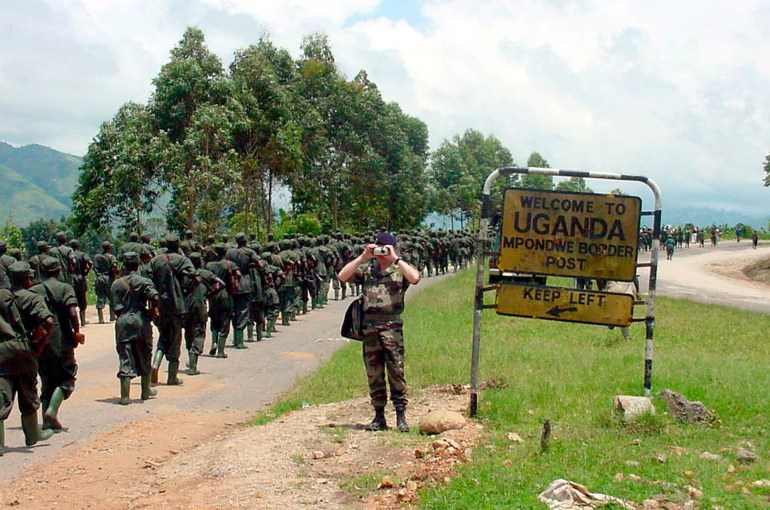The International Court of Justice (ICJ) has ordered Uganda 🇺🇬 to pay $325m to Congo 🇨🇩 for damages to life and plundering its resources like Gold, Timber and Diamonds in 1990s by Ugandan Soldiers.

“The court notes that the reparation awarded to the DRC for damage to persons and to property reflects the harm suffered by individuals and communities as a result of Uganda’s breach of its international obligations,” the court’s president, US judge Joan E Donoghue, said on Wednesday.
The compensation order came more than 15 years after the UN court ruled in a complex, 119-page judgement that fighting by Ugandan troops in DRC breached international law. In 2005 the ICJ ruled that Uganda had to pay reparations, but they were never paid.
The sum awarded was well below the request for more than $11bn in damages DRC had demanded for the occupation of its volatile northeastern Ituri region.
The court broke down the compensation into different categories of damages. It assessed $225m for “loss of life and other damage to persons” that included rape, conscription of child soldiers and the displacement of up to 500,000 people.
 Ugandan soldiers who had been fighting rebels in DR Congo for the previous three years, cross back into Uganda at the Mpondwe border point on October 15, 2001 [File: Chris Mamu/AP Photo]
Ugandan soldiers who had been fighting rebels in DR Congo for the previous three years, cross back into Uganda at the Mpondwe border point on October 15, 2001 [File: Chris Mamu/AP Photo]It assessed another $40m for damage to property and $60m for damage to natural resources, including the plundering of gold, diamonds, timber and other goods by Ugandan forces or rebels they supported.
The ruling by the Hague-based court is a blow to DRC after a long legal battle for compensation over the devastating 1998-2003 conflict that left thousands of people dead.
Judge Donoghue said there was “insufficient evidence to support the DRC’s claim of 180,000 civilian deaths for which Uganda owes reparation”.
“The court considers that the evidence presented to it suggests that the number of deaths for which Uganda owes reparations falls in the range of 10,000 to 15,000 persons,” she added.
At its height, the conflict drew in nine African countries, with Uganda and Rwanda backing rebel forces against the Kinshasa government as they jostled for control of the mineral-rich Ituri region.
On Thursday, Uganda’s Ministry of Foreign Affairs noted in a statement that the amount awarded was far less that what was sought but argued that the ruling was “unfair and wrong, just as the previous 2005 judgement on liability was unfair and wrong”.

Comments
Post a Comment